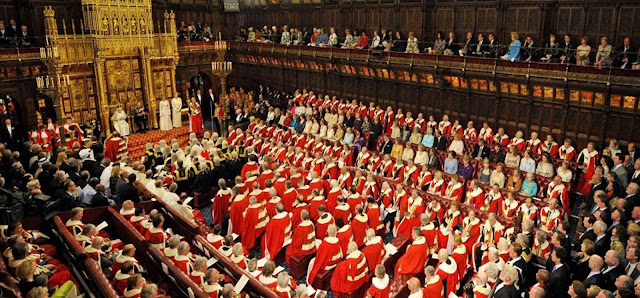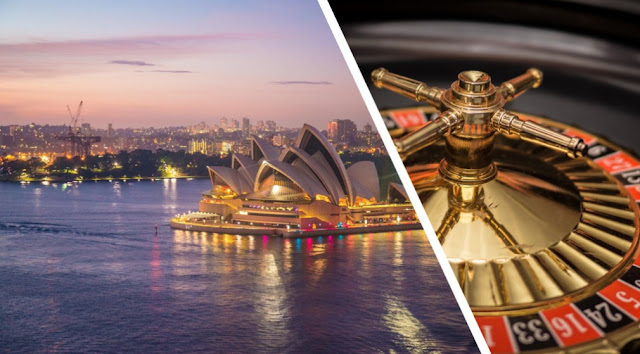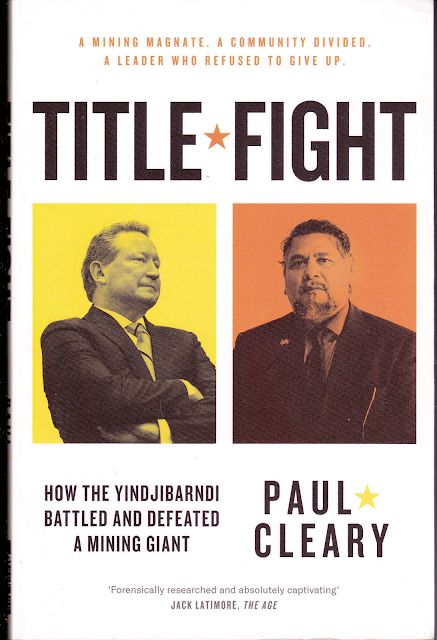Written by: Louisa L. on 1 October 2022
Last week a neighbour – outraged at the vast numbers sucked in by the queen’s death – asked, ‘Why are people so stupid?’
A descendent of African slaves, my friend has good reason for anger. His father volunteered to teach in Diego Garcia, and knew most of the refugees created when the now dead QE2 signed the 1965 order to forcibly remove them from their home. The island was gifted to the US as a military base.
They faced horrific conditions. In 2000, Labour PM Tony Blair invoked the Royal Prerogative to bypass Parliament and the courts, continuing the theft.
The ruling class gloats over people’s despair. Beyond the endless media drivel, lies a decades-long ruling class propaganda war to disempower us and silence dissent.
The UK’s everyday people face economic crisis. Instead of relatively secure jobs and the ability to pay bills, cold and even hunger loom for millions. No wonder they want stability, want what they used to have. That celebs like David Beckham had the humility to line up like everyone else harks back to the Covid jingle, ‘We’re all in this together’. Of course, we weren’t then and we aren’t now.
Big rockets, small men
Who’d want to be king or queen? Obscenely rich, with numerous castles, palaces, gardens, estates, truckloads of share portfolios, but who’d want the job? Mind numbing tedium, smiling and waving, opening events, speechmaking, and an intrusive monopoly media that tapped Charles, Camilla and Diana’s conversations, but failed for decades to expose Prince Andrew’s crimes.
Other super rich can decide whether they want publicity, shooting themselves into space like Branson and Musk. Female CEOs now often front the cameras, with trickle down feminism offering nothing to women demanding liberation. But billionaire board rooms overwhelmingly hold anonymous men, who live without the dead weight of fame.
Never being able to retire? In your 90s still going, holding a crumbling facade together. The dedication appeals to people.
They think of themselves in the parasite queen’s shoes, selling their labour power for profit till death. It’s not the same, not even remotely. But it’s the source propaganda taps into.
To the hungry and poor, though, it would look like a good gig.
Poor old Charlie!
KC3 doesn’t want to work. At 73, no wonder he hoped the Commonwealth might dissolve.
Individually he’s still blamed for not being able to marry the woman he loved, agreeing to have her on the side and choosing an innocent teenage virgin as trophy wife. It’s a collective guilt. The whole Firm, with dead queen top, was in on it.
Why not start there? Young people here are generally apathetic about the monarchy, but quite like the queen. They don’t like Charles. While it individualises the problem, hides its class nature, why not use the ruling class’s own weapons against it?
Oily rags
Then, contrast the Daily Mail’s exorbitantly inflated billions turning out for the queen, with the massive and magnificent mobilisation against the war in Iraq in 2003.
Over a million on Australian streets. Walk Against the War mobilised them on the smell of an oily rag.The Daily Telecrap jumped on board a few days before, to avoid total isolation.
This people power was seemingly snuffed out by PM Howard’s declaration of war. We didn’t mobilise workers as a class to shut the country down. We were unprepared to follow up once war was declared.
For most who protested, the take home message became, ‘If you fight, you lose.’
Coffin loose in countryside
Defeats teach us deep lessons, inspire us to find the way forward. In 2003, Muslim people knew a staggering 94 percent Australians supported them. They knew who stood against us. It’s time to reclaim this struggle.
In contrast, how many billions did they spend on the QE2 and KC3 Show and that coffin trundling round the countryside? Yes, it pulled in the people, but if that’s not comedy, what is?
Thanks to the individual bravery of Gunditjmara Gunnai Senator Lidia Thorpe standing in the strength of her grassroots, most Australians discovered before QE2 died that politicians swear allegiance not to us, the people of these lands, but to the British sovereign.
Lidia Thorpe reminded us of resistance to invasion and ongoing colonialism. Those are deep, rich lands to mine for grassroots’ strength.
But Charlie Windsor? We don’t want you or your thieving class. It’s time to hop on your polo pony and bugger off.










